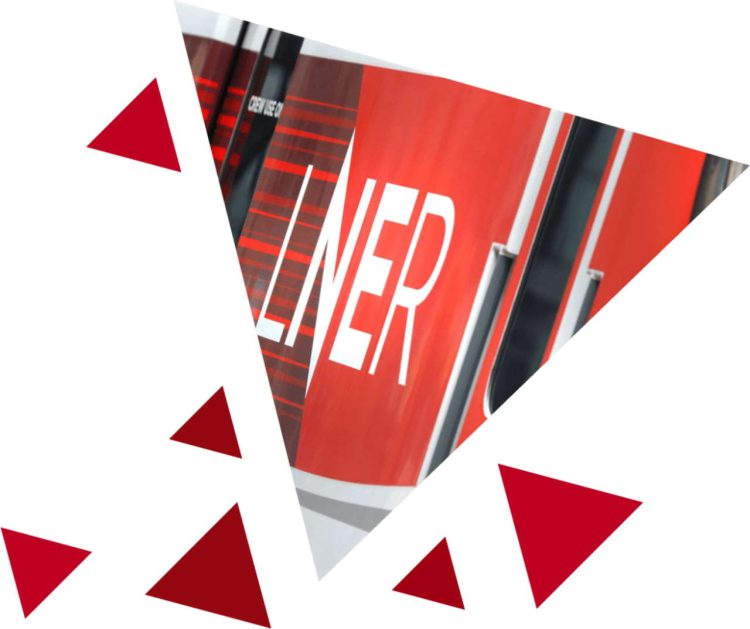London North Eastern Railway (LNER) has recognised six enterprises for their efforts in developing technology products aimed at improving rail travel.
The operator's fourth annual FutureLabs programme reached its final stage, with six firms pitching their products at a live demonstration event (Demo Day) at York St John University.
Nearly one hundred rail industry leaders attended the event, which was hosted by technology journalist and expert Mary-Ann Russon.
FutureLabs required the ideas to address at least one of four key objectives:
- to encourage passengers to choose rail
- to strengthen the sustainability of the rail network
- to create a frictionless journey for customers
- to explore emerging technology that pushes the rail industry to the next level.
Startups and SMEs (small / medium enterprises) can join the twelve-week FutureLabs programme, in which they receive mentoring and funding opportunities to develop and scale-up technology ideas.

At the Demo Day, this year's two winners were announced:
- The ‘Cohort Winner' was Automedi, a project which helps businesses to convert plastic waste into usable products within minutes through three-dimensional printing.
- The ‘Collaboration Prize', which recognises outstanding collaboration with the LNER teams, was won by SpatialCortex Technology, a project which uses technology worn by rail workers as a bio-mechanical aid to assessing and managing manual handling injury risks. The team demonstrated testing its sensors with catering staff on LNER trains and analysed the risk of musculoskeletal impact.
Other finalist projects were:
- Fatigue Management International, which develops software using artificial intelligence (AI) to detect fatigue and mitigate the risks associated with tiredness in the workplace for critical operations.
- Manhole Metrics, a sensor and analytics startup which uses sensors to monitor wastewater levels, helping to reduce disruption caused by flooding.
- TravelAI, which is developing AI software which analyses people's behaviour when using transport networks, to help with creating incentives and future planning.
- SHEDyt, which is designing a real estate technology platform to help manage maintenance across train stations.
FutureLabs has brought several innovations to the rail industry, including real-time train tracking via an interactive map, and using computer vision to help disabled customers to navigate stations.
Frances Walker, Head of Digital Experience Strategy at LNER, said: “LNER FutureLabs is an important pillar
in our strategy to put technology at the heart of our operations and our customers' journey. We are really
proud to support startups in providing the real-world opportunity, experience, and knowledge needed to
bring these innovators' ideas to life. Implementing new practices and ways of thinking plays a huge role
in driving forward the rail industry. We are incredibly proud of the results garnered by the programme to
date, and we are delighted to continue this work.”
Ethar Alali, Chief Executive Officer of Automedi, this year's Cohort Winner said: “Being able to develop
our product for the rail industry with LNER support is a truly invaluable experience. It is also hugely
inspiring to see transport providers like LNER take action to adopt new methods that strengthen
commitments to sustainability and responsible business.”